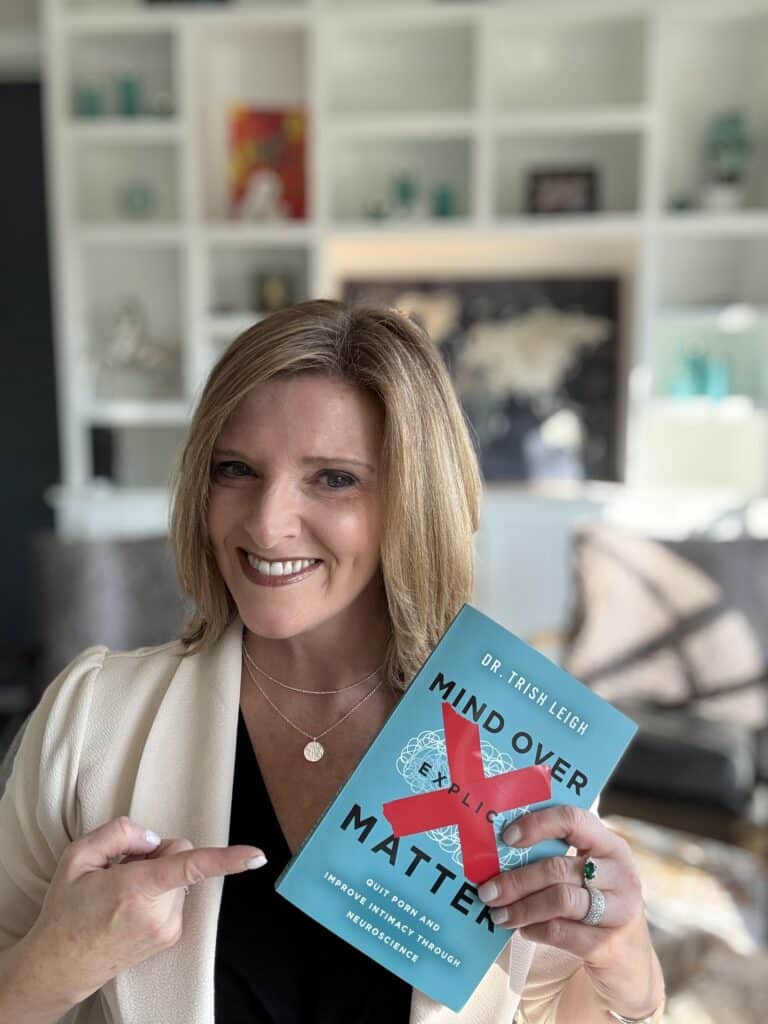Have you noticed how difficult it’s become to stay focused? Perhaps you once enjoyed reading books or powering through work without checking your phone every five minutes. Now, even short periods of deep concentration feel like a challenge and your brain may be under siege from screen addiction.
But here’s the good news: your brain can heal. And you have the power to take the first step today.
Supernormal stimuli: Find out if you became a Screen Addict.
Every ding, and pop-up on your screen isn’t just a minor distraction, it’s a full-blown neurological interruption. Social media and digital platforms are designed to hijack your attention with hits of dopamine, mimicking validation and connection. But as neuroscience reveals, these interactions are often fake and fleeting, creating a cycle of dependency and distraction.
Here’s where it gets even more interesting. The constant pull you feel toward screens isn’t just about distraction: it’s about supernormal stimuli.
In simple terms, supernormal stimuli are exaggerated versions of natural experiences that hijack your brain’s reward system. Think of junk food that tastes better than real food, or social media that feels more exciting than real conversation.
Your brain evolved to respond to natural cues: connection, challenge. But screens deliver amplified versions of these cues, making real life seem dull by comparison.
Worse yet, this constant stimulation is retraining your brain to crave instant gratification, making it increasingly difficult to engage in deep work, being creative, or even engaging in meaningful conversations.
The main problem is screen addiction trains your brain to seek external validation and overstimulation, making it harder to focus on real-world goals.
What the Science Says About Focus and Dopamine
Dr. Trish Leigh, leading neuroscience educator and brain performance coach, teaches us that the key to reclaiming your focus lies in understanding how dopamine works. Every time you reach for your phone, your brain receives a small hit of dopamine. Over time, this repeated stimulation leads to a kind of “dopamine burnout,” where deeper, more rewarding tasks feel dull or overwhelming.
This phenomenon, which can lead to symptoms of Screen-Induced ADHD, creates a constant need for digital interaction. The more you scratch it, the worse your focus becomes.
🎯 Dr Trish Leigh’s Tip: Set a timer for a 50-minute work session and place your phone in another room. When the timer goes off, treat yourself to something small but meaningful such as a walk, eating some sweet, or five minutes of mindful music.
Rebuilding Your Brain’s Focus Muscle
Just like physical fitness, mental clarity takes practice and structure. That’s where Dr. Trish Leigh’s science-backed methods come in. She’s helped thousands of professionals, students, and parents retrain their brains.
Start with a Brain Reset:
Dr. Leigh recommends the “3-3-3 Rule”:
- 3 Hours on your most important goal or project.
- 3 Tasks that you’ve been avoiding (these give a healthy dopamine boost).
- 3 Maintenance Activities like tidying up, meal prep, or movement.
This strategy re-engages your brain’s dopamine system naturally, giving you the satisfaction and progress you’ve been missing—without relying on your screen for stimulation.
Don’t wait until burnout sets in. You can retrain your brain and rediscover the joy of focus.
Reclaim Your Brain with Dr. Trish Leigh
If you’re feeling overwhelmed by distractions, or if your screen time is controlling your day instead of the other way around, Dr. Leigh’s Neurofeedback Coaching Program is designed just for you.
She’s helped thousands escape digital addiction and rebuild their brain’s natural ability to focus, think clearly, and stay motivated.
🔹 Start Here: Book a Brain Check-In Consultation! Take control of your brain before it controls you.
🔹 Explore the qEEG Brain Map Assessment and Neurofeedback Coaching: Enroll in Dr. Leigh’s Focus Recovery Programs
🔹Download your free guide to kickstart: “Reward Reset: 32 Brain Hacks to Reclaim Your Life.”
Dr. Trish Leigh dives deep into this concept in her powerful video, “Supernormal Stimuli & Screen Addiction”, where she explains how modern technology overstimulates your brain and how you can reverse the effects.


